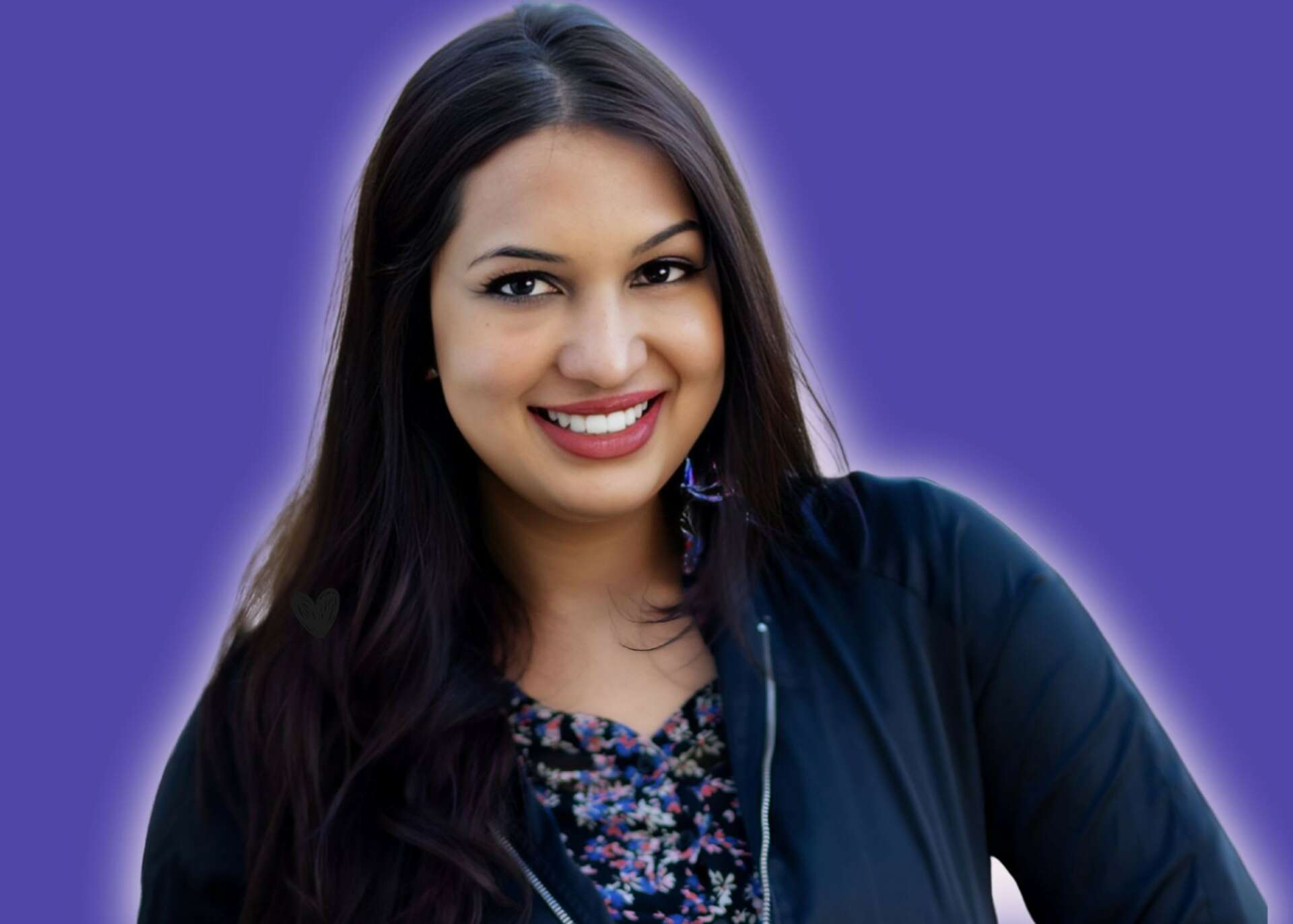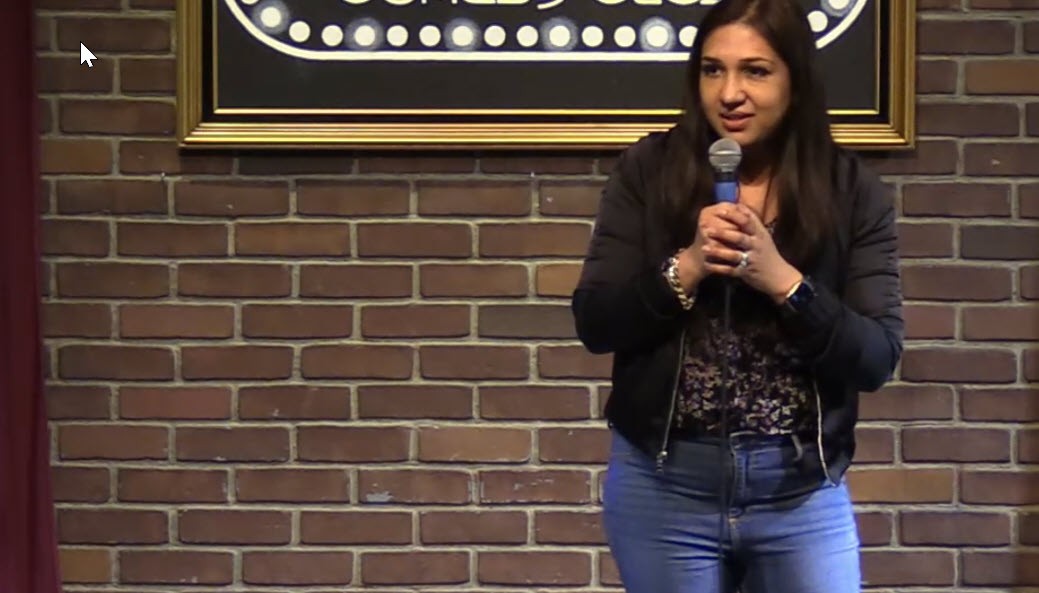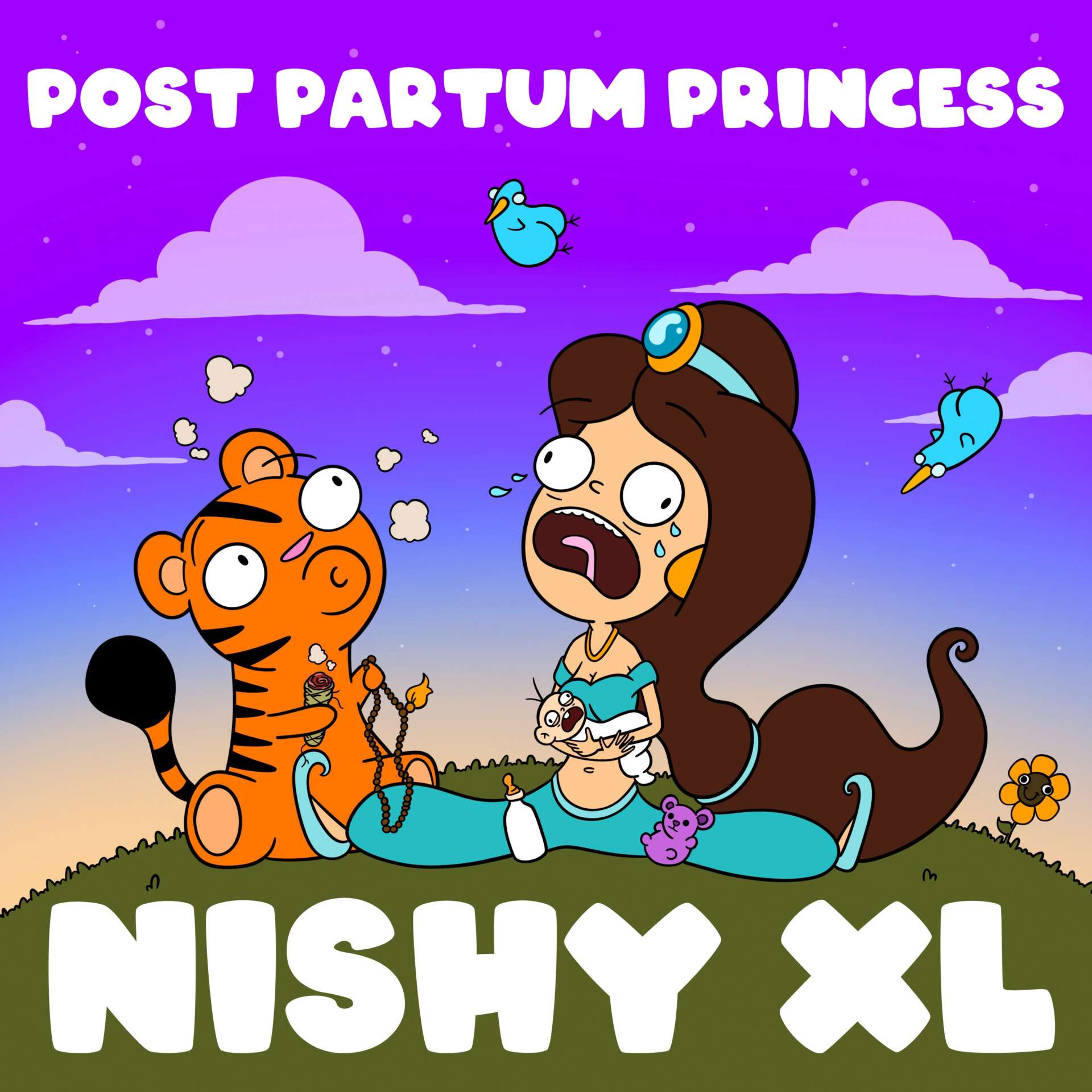We recently connected with Nishy Acsell and have shared our conversation below.
Nishy, appreciate you joining us today. I’m sure there have been days where the challenges of being an artist or creative force you to think about what it would be like to just have a regular job. When’s the last time you felt that way? Did you have any insights from the experience?
Yes, I wonder how some people get through the week by chanting “Happy Friday”, then disappear into an abyss called the weekend where God-knows-who actually shows up on the worker’s behalf to live their two-days of freedom. Mondays are especially fun because they stumble in as if they’re walking to the electric chair and the only escape is the “last meal” -at 5’o clock happy hour. Entirely liquid. In fact, it’s only recently that I stopped having recurring nightmares of waking up in a cubicle under 5 managers who demand I copy and paste every data point onto a spreadsheet for our meeting. Then I walk into a conference room where everyone is staring/quietly judging me as I pull out my laptop to obstruct the view of my notebook doodles. I shouldn’t have worn my sheer black top, I think to myself. It’s too sexy for this office, I’ll get a write up. All the thoughts flood my brain except that damned status report. Thankfully, that nightmare was only a reality for about 7 years of my life that I regret every day. I escaped, but with a major health issue and hives. And a doctor’s note that said, “Allergic to working.”


Nishy, before we move on to more of these sorts of questions, can you take some time to bring our readers up to speed on you and what you do?
I spent 7 grueling years in a job where I was constantly gaslit, belittled, held back even though I was overqualified (MBA, BA in Psychology). One day, There were good things about the job, like stealing company time by watching cartoons in the break room, having every other Friday off, showing up to work at 10 and taking 2 hour lunches. I wasn’t fulfilled because politics and moving up the corporate ladder was not my strong suit. I spent time at local Public Speaking groups to get away. Then one night Second City offered a free Improv class and I attended. The audience went wild and that rush of laughter kept me awake at night. I knew I had to be on stage. I started writing everything down. My observations, things that people reminded me I had said. My friends always told me I have a way with words, they even called me up to get advice on how to make light of things. Now, I perform all over the scene, put together diverse comedy shows, go to companies and do special events. One thing the workplace is heavily lacking is freedom to have fun. The austerity of a boss and employee relationship doesn’t leave much rapport building on a personal level. It’s the personal level we need to build loyalty and trust. Comedy is the icebreaker that all companies need to come closer together as a unit who not only gets stuff done, but enjoys their employees and work environment. Hire me for a corporate event and I can help increase team rapport.


Can you share a story from your journey that illustrates your resilience?
One morning, after a date, I found myself in the laundry room surrounded by blood, kind of like a moat around me. When paramedics came to rescue me (by the way they looked nothing like Grey’s Anatomy), I was going in and out of shock. I couldn’t believe, nor understand what was happening to my body. It becomes surreal when the horror story has you as the main character. And nothing made sense. I was in tip-top shape. I ran a 5K at 6am daily, worked all day and got vitamin injections monthly. For God’s sake I didn’t even eat bread! What could I have done to disrupt my body? Partied with my friends all weekend -but I needed that for my mental health. Back to the story. As I was in the ambulance, I heard them say, “The bleeding is bad but she seems to be okay because she keeps making us laugh.” I got to the emergency room and the doctor gave me the great news (great news for her bank account). She said I needed a blood transfusion because I was at 50% blood capacity. She explained that to avoid having a stroke I would need blood because I had lost a lot. This was the last year of my 20s. I thought I was not going to make it to 30. After they gave me a blood pack I started to see all white, got dizzy and was checking out big time. Turns out, I was allergic to the blood pack. It must have been someone who eats cauliflower pizza because I am religiously against it. I was told by a nurse during that horrible week that I wouldn’t have to worry about changing diapers. But she didn’t know I’ve wanted kids my whole life. At this point I felt like a failure. I wasted my life at a job I hated, spent all kinds of money to make up for it and now I’m 29, lying in an emergency room with a doctor hovering over me asking if worse comes to worse it might be a hysterectomy. It’s incredibly painful and traumatic to place myself in that year of fear. But I came out with a new perspective in life. After surgery, the doctor said my muscle mass was so lean and perfect, that they were able to cut around and remove the football sized fibroid without harming my uterus. That night after surgery, I felt like I was run over, twice. And they said patients usually don’t walk after a week or more. But that night, I wrung myself onto the walker and took laps up and down the hospital corridor. The nurses were amazed. It took me weeks to be able to walk right. That wasn’t the worst part. I could not LAUGH! Laughter hurt my insides and could cause the sutures to come undone. Laughter was my survival tactic. The rest of the entire year I spent trying to get back on my feet. I could not work out for more than 10 minutes at a time. Slowly, I increased my workouts one minute at a time and two years later I was back to 40 minutes. I remembered that the doctor complimented my muscle mass and said I had ended up in a textbook somewhere. I’m grateful I didn’t give up and now I have a beautiful baby girl! I’m writing all the time, performing everywhere, giving minorities a chance at the stage, helping corporations heal their teams and doing what brings my life most value.
How can we best help foster a strong, supportive environment for artists and creatives?
A strong supportive environment means that comedians who are good based on actual audience response, feedback. “Marketable” folks get seen because of their race and gender or identification when it should be because of their unique voice and ability to make people laugh. Laughter is the most important thing and nothing else should be prioritized before it. I’ve been turned down from clubs because I don’t have “the following” even after killing it on stage. Or because someone has the financial means to “sell out” their shows and I do not. There are so many good comedians that are not given the exposure. I hope on some level restoration of merit based comedy happens!
Contact Info:
- Website: www.nishyxl.com
- Instagram: @Nishyxl
- Facebook: /N1shy
- Linkedin: https://www.linkedin.com/in/nishy-acsell/
- Twitter: @Nishycomedy
- Youtube: @nishyxl


